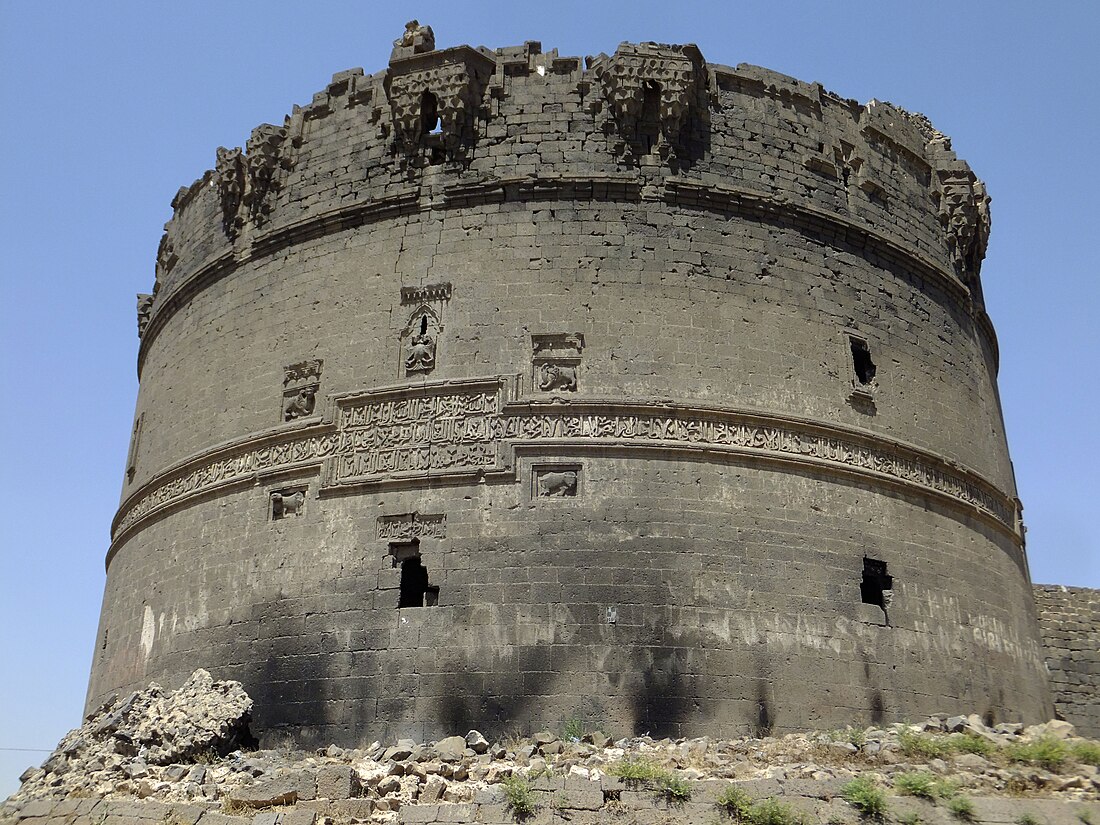Top Qs
Timeline
Chat
Perspective
Artuq Arslan
Artuqid ruler of Mardin from 1200 to 1239 From Wikipedia, the free encyclopedia
Remove ads
Nasir al-Din Artuq Arslan (ruled 1200–1239) was a ruler of the Artuqids of Mardin.[4] The "Mardin branch" of the Artuqids ruled in Mardin and Mayyafariqin from 1101 to 1409, and were primarily descendants of Ilghazi and his brother Alp-Yaruq. His predecessor was his father Yuluq Arslan.


On the reverse of his coins dated AH 628 (1230 CE), Artuq Arslan inscribed the names of two overlords, the Abbasid Caliph al-Mustansir and the Ayyubid ruler al-Kamil.[5] At that time, in 1229, the Ayyubids were allied with various Turkomans, including Artuq Aslan, in order to repel the offensive of the exiled Khwarazmian ruler Jalal al-Din from his base in Iranian Azerbaijan. They defeated Jalal al-Din and his Artuqid ally Rukhun al-Din Mawud (cousin of Artuq Aslan) in 1230.[5][6]
The Ayyubids continued their expansion into Diyarbakr by attacking the Artuqid ruler Rukn al-Dīn Mawdūd (r.1222–1232/33) in his territories of Hisn Kayfa and Amid in 1231-1232.[5] Around 1234, Artuq Aslan changed his allegiance to the Seljuk Rums, fearing further Ayyubid expansion into his territory of Mardin.[5] The Ayyubids were defeated by the Seljuk Rums ruler Kayqubad I in 1234.[5] The Ayyubids ceased their hostilities towards the Seljuks when they learnt of the Mongol invasion of Jazira from the east.[5]
The lands of the Artukid dynasty fell to the Mongol invasion sometime between 1235 and 1243. The Artuqids submitted to Mongol khan Hülegü and continued to govern as vassals of the Mongol Empire.[7][8]
Remove ads
References
Wikiwand - on
Seamless Wikipedia browsing. On steroids.
Remove ads
